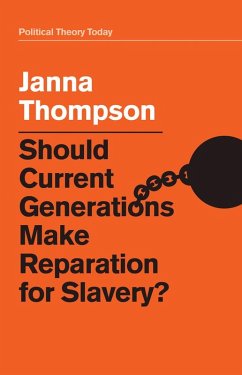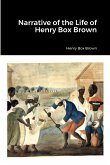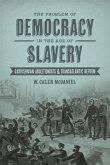During the age of empire, European and American colonists perpetrated one of history's most monstrous crimes: slavery. Millions of Africans were subjected to forced abduction, misery and death as part of the brutal Atlantic slave trade. However, since the perpetrators are long dead, should current generations make reparation for this historic injustice?
In this book, Janna Thompson uses three case studies - France's treatment of Haiti, Britain's role in the African slave trade, and the plight of African Americans - to address these questions. She makes a nuanced case for the necessity of reparations, but argues that the exact form they take should vary from case to case, depending on factors both principled and practical.
This engaging book is a highly readable introduction to the issues for students and general readers grappling with the complexities of reparative justice and our responsibility for the darkest aspects of our past.
In this book, Janna Thompson uses three case studies - France's treatment of Haiti, Britain's role in the African slave trade, and the plight of African Americans - to address these questions. She makes a nuanced case for the necessity of reparations, but argues that the exact form they take should vary from case to case, depending on factors both principled and practical.
This engaging book is a highly readable introduction to the issues for students and general readers grappling with the complexities of reparative justice and our responsibility for the darkest aspects of our past.
'This excellent book does a highly impressive job of making an important and substantive contribution to the literature on historic injustice.'
Daniel Butt, University of Oxford
'Janna Thompson makes a persuasive argument for reparations for slavery in the cases of Haiti, African Americans, and African victims of the British slave trade. This is an excellent short teaching text for courses on transitional justice and those dealing with contemporary political problems.'
Rhoda Howard-Hassman, Wilfrid Laurier University
Daniel Butt, University of Oxford
'Janna Thompson makes a persuasive argument for reparations for slavery in the cases of Haiti, African Americans, and African victims of the British slave trade. This is an excellent short teaching text for courses on transitional justice and those dealing with contemporary political problems.'
Rhoda Howard-Hassman, Wilfrid Laurier University








